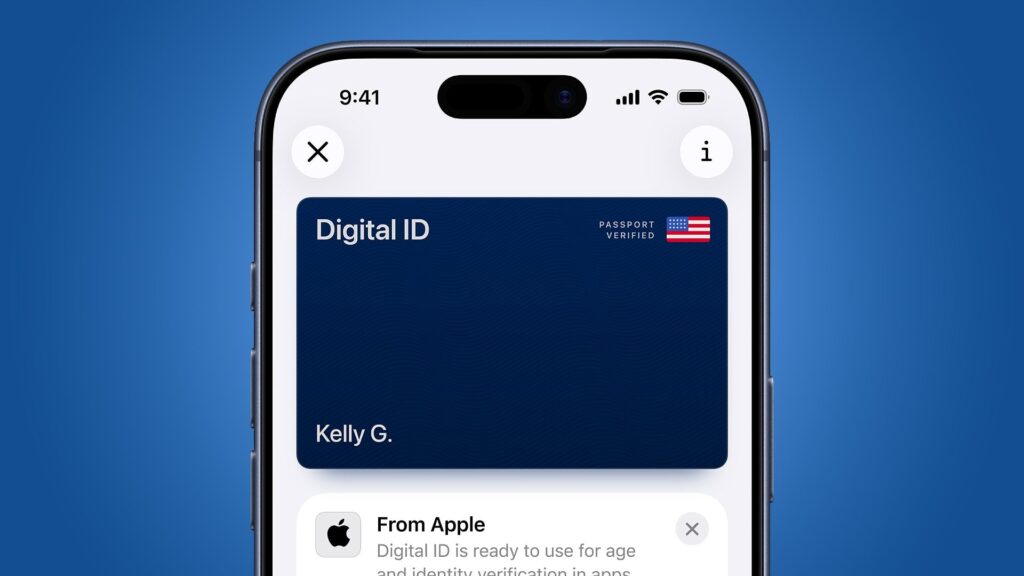- Apple has unveiled a Digital ID feature as part of its Wallet app
- The feature has been met with a privacy backlash
- Some commentators are concerned about surveillance and data security
Two days after Apple announced details of its new digital ID tool, reactions online are still divided.
According to Apple’s announcement, the tool is “a new way for users to create an ID in Apple Wallet.” For now, this US-only feature will let users present their passports via their phones at TSA checkpoints in more than 250 airports across the country.
Some commentators are excited about the convenience that Apple’s new tool has promised. Others, however, are more suspicious, citing privacy and security risks.
The current debate mirrors those taking place across Europe, where privacy advocates have criticized the UK’s digital ID scheme and the EU’s EUDI Wallet initiative.
How Apple intends to protect users’ ID data
As is typical of any tool designed to handle highly sensitive personal data, two core issues are driving the current debate: potential government surveillance and data security on the device.
Apple, for its part, promises to have taken a secure and privacy-preserving approach, including the use of encryption – like that used by best VPNs – and advanced measures to prevent tampering and theft.
The big Tech giant also ensures that passport data is only stored directly on the device, which should guarantee that no data is shared with the company. “Only the information necessary for a transaction will be presented,” Apple said.
Users can also use biometric authentication, such as Face ID or Touch ID, to ensure that only the owner can access or change their digital ID data.
What privacy advocates say
Apple’s assurances don’t convince everyone in the cybersecurity space.
According to privacy advocate and co-founder of The Free Thought Project, Jason Bassler, the move could normalize giving up privacy for convenience.
Well, Apple just rolled out “Digital ID.” The surrender of privacy is hitting warp speed. This is step one of your digital leash, gift-wrapped for convenience. Once “normalized” it is irreversible. Then it is “optional”. Until it isn’t. pic.twitter.com/HUKsG0SsEX13 November 2025
Other cybersecurity experts also took to LinkedIn to express their concerns.
For example, Swiss InfoSec expert Jean-Paul Donner pointed out how both “law enforcement and hackers have tools to bypass iPhone security in certain cases.”
A consortium of digital rights groups and technologists, including the American Civil Liberties Union (ACLU), the Electronic Frontier Foundation (EFF), and the Center for Democracy and Technology (CDT), recently released a statement arguing that “identity systems must be built without the technological ability for authorities to track when or where the identity is used.”
So is Apple’s infrastructure strong enough to guarantee the necessary security measures that our ID data deserves? So far it is unclear.
TechRadar has reached out to several additional experts and organizations and will update this story as we hear back.
Follow TechRadar on Google News and add us as a preferred source to get our expert news, reviews and opinions in your feeds. Be sure to click the Follow button!



